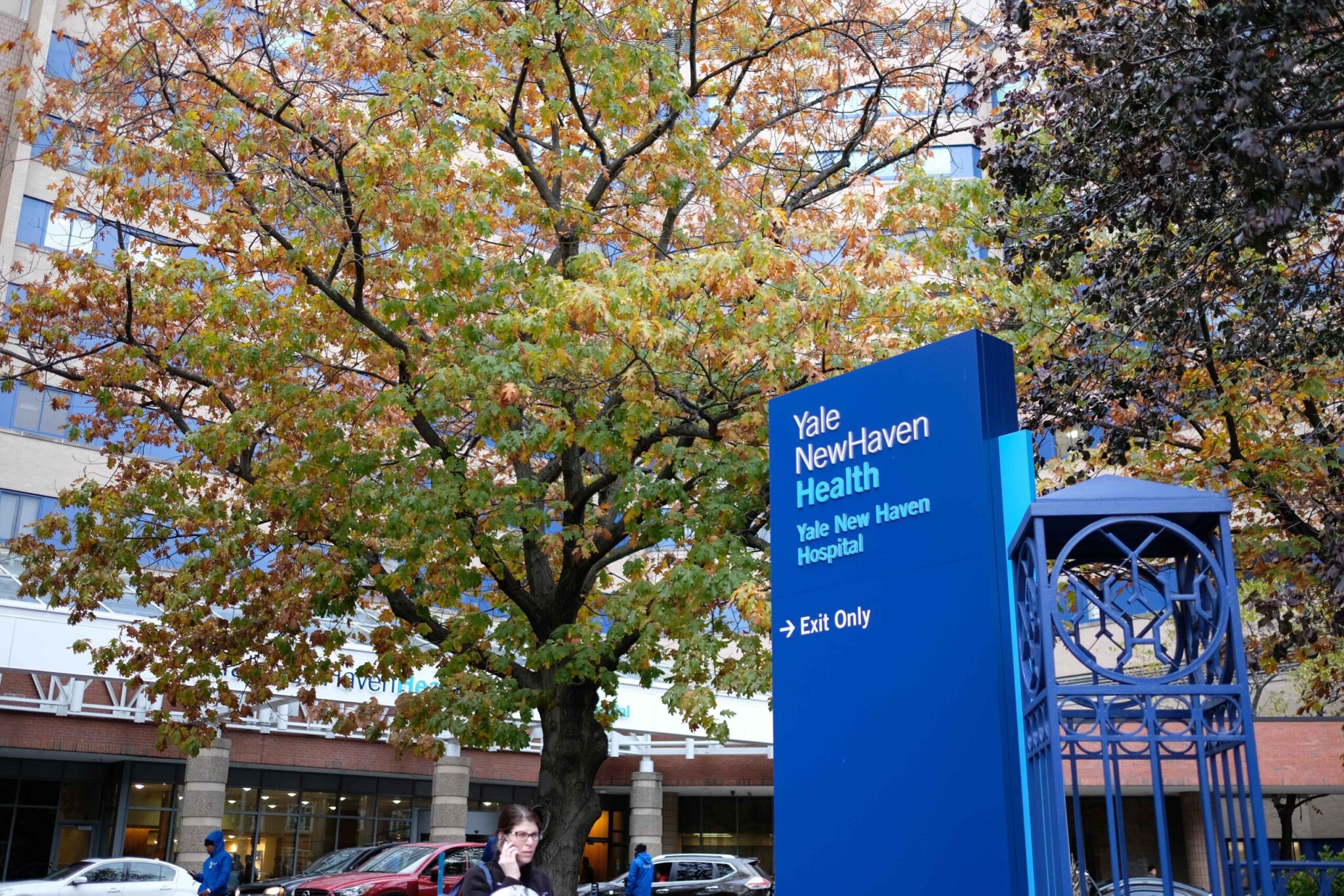YCC passes legislation to reimburse students for healthcare-related travel expenses
On Sunday, the Yale College Council passed a bill that reimburses students for travel to Yale Health and nearby hospitals.

Eric Wang, Senior Photographer
For many students on campus, access to healthcare services can be difficult without proper transportation, especially outside non-standard hours. On Oct. 29, the Yale College Council passed the Healthcare Transportation Reimbursement Program — a bill designed to offer transportation for appointments or treatment.
“Many students forgo seeking medical attention or skip Yale Health and hospital visits due to the expense of late-night transportation options,” Juan Borrego ’26, a YCC senator, explained. “To alleviate this burden, we proposed the implementation of a transportation reimbursement program that would offer students affordable transportation options to and from Yale Health and nearby hospitals, thus ensuring they receive the care they need.”
The bill, which allows students to request reimbursements on their travel to and from Yale Health and nearby hospitals, will include reimbursements on rideshares, increase Yale Shuttle service operations and promote education and awareness, according to the YCC’s Proposal.
Mimi Papathanasopoulos ’26 – one of the YCC senators that co-sponsored the bill – said that the shuttle changes will take place after the program has already been set in place, and the expansion to shuttle services will be based on data on how the reimbursements are used by students in the initial pilot phase of the program.
“Our ultimate goal is for Yale University to extend the operating hours and routes of the Yale Shuttle Service to ensure it covers and enables access to Yale Health’s and Yale New Haven Health Hospital’s hours of operation, especially late at night and early in the morning, for non-emergent situations,” she explained.
The program will allow students to fill out an application Google form where they can submit proof of travel to then be reimbursed. The review of these applications and the reimbursements themselves will be overseen by the YCC’s business team.
The process for reimbursements will follow a similar structure to the YCC’s extracurricular grants process, per the bill’s authors.
“No one should have to worry about any financial barriers when it comes to reaching a hospital and seeking care, and we are excited to see Yale take this core belief seriously moving forward,” YCC President Julian Suh-Toma ’25 wrote to the News.
The bill additionally covers transportation for mental health and psychiatric care and was co-sponsored by the Yale Student Mental Health Association, or YSMHA.
Peyton Meyer ’24, co-director of YSMHA, said that the reimbursements implemented through the policy will help reduce overall costs of mental health care.
Meyer also said that the policy helps cover transportation costs for when Yale Health is not open, which he said is especially important for immediate care students may need in a mental health crisis.
“Particularly when it comes to the very late or early hours of the day when I think students may more likely be back in their rooms by themselves or with increased feelings of isolation, knowing that they would have financial assistance to travel via rideshare to urgent care or the emergency room to get the immediate mental health assistance they need could be the reason they decide to seek it out,” Meyer said.
The YCC was established in 1972.







